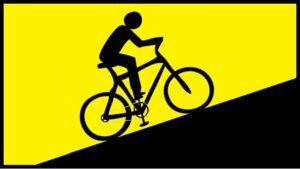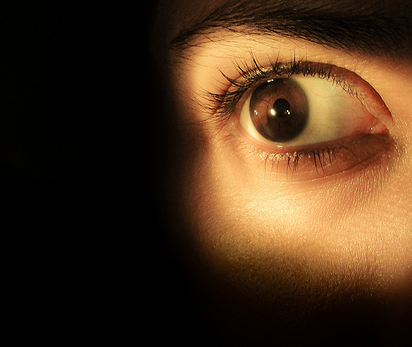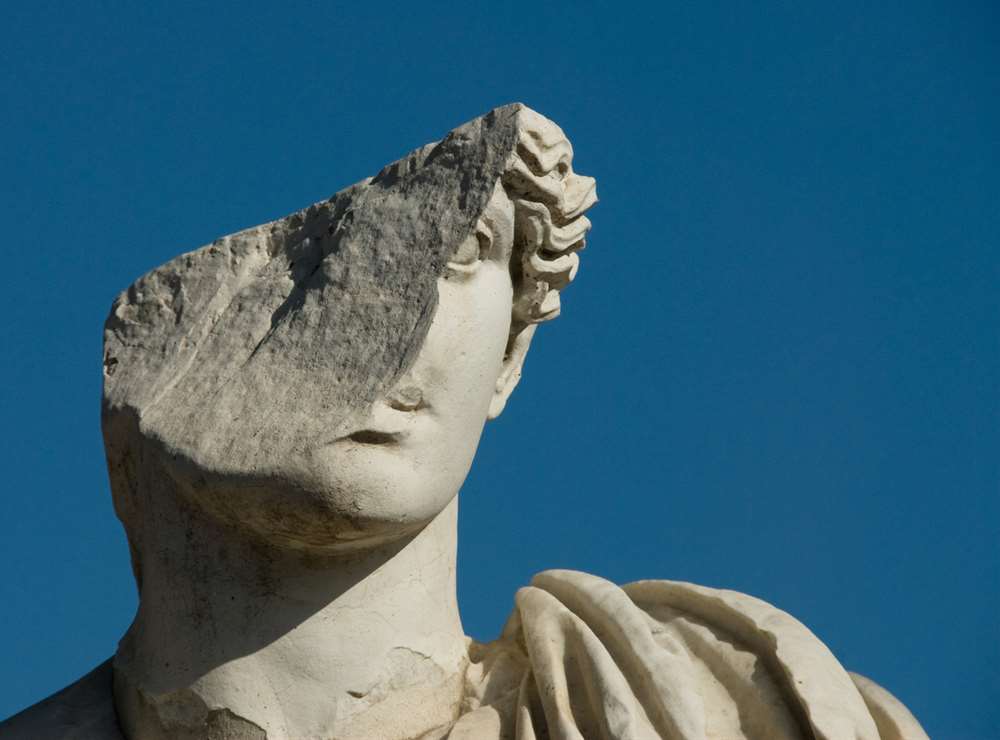Why is it that the hardest things are often the most fun?
I’m thinking about last week’s bike ride near Durango and how it wouldn’t have lit me up the same had it been 30 miles on straight flat roads like I ride all the time at home in Texas. For one thing, there’d be no story to tell from a normal ride. It was the 20-mile descent and 8-mile climb that gave me a story and made the ride worth hauling my bike all the way up from Midland to Colorado in the back of Cyndi’s car.

I rode the same route twice, Sunday and Tuesday, and on both occasions I had to stop partway up the climb. My legs were tired and my lungs were drained. I unclipped from the pedals, laid my chest on the handlebars, tried to breathe, and not throw up. The first day I was audibly gasping when a young rider dressed in a black kit rode right past me, dancing in his pedals directly up the same road that had broken me. In my defense, I had him by 30 years and 30 pounds, and I live at 2,782’ elevation where the air is more abundant instead of 8,222’, where it isn’t.
I wondered if I’d have felt better being passed so decisively if I’d been moving instead of stopped. Probably not. I wasn’t embarrassed being passed so much as jealous. The truth is, no matter what hard things you do there is always someone who does it better and easier. Cyndi was once passed during the Boston Marathon by a guy running backwards and then by another guy wearing an Old North Church costume. I was passed in the New York City Marathon by a guy juggling three tennis balls.
But why do I want to do hard things? It is my dominant thought during the first five miles of every marathon, or during the first mile of every Guadalupe Peak hike, or even when following Dan Ainsworth up the trail to 11,446’ Music Pass in the Sangre de Cristo Mountains. (I might have discussed this with Dan at the time but I had to make oxygen choices.)
My Durango adventure wasn’t an epic bike ride in the world of cycling, but for me, in my current state of fitness, in my current state of age, in my current state of training, it was huge. If I lived in Colorado and rode every day, I would be making hard climbs regularly; but I don’t, and I don’t, so I can’t.
I don’t want to hard things exclusively. While in Durango I spent more time writing and reading while seated comfortably alongside the Animas River that I did riding my bike. But trying something hard is important to me. And having a story to tell is even more important. My writing is better, closer to the bone, if I invest first in cycling or running or hiking. It grounds me. Settles my thoughts.
Hungarian psychologist Mihaly Csikszentmihalyi believes the best moments in our lives are not the passive, receptive, relaxing times. The best moments usually occur when our body or mind is stretched to the limits in a voluntary effort to accomplish something difficult and worthwhile.
Annie Dillard wrote that she visited the Cascade Mountain range “to study hard things, rock mountains and salt sea, and to temper my spirit on their edges.”
Like Csikszentmihalyi, my best ideas usually come after stretching my limits. Like Dillard, I’ve learned about God when I push the hard things and experience the high places. The vulnerability and exposure from the effort, the potential to fail, allow God to speak to my heart in ways he can’t when I’m in peace at rest.
Maybe doing something hard is about waking up? Or being present? Or pushing further in?
I don’t know. I’ve already analyzed it enough. Now it’s time to go to yoga class for something hard.
“I run in the path of Your commands, for You have set my heart free.” Psalm 119:32



 Are you ignoring the evidence?
Are you ignoring the evidence?
Leave a Reply